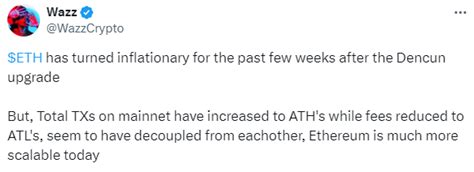„Solving the problem of incorrect feed parameters in Uniswap V2 router” Addliquidides „method with WAGMI and ETERS
Uniswap V2 is a popular decentralized Exchange (DEX) protocol, which allows users to trade encryption reasons on several Blockchain networks. One of the most important features of the Uniswap is the control of its liquidity pole, which depends on the „Addliquids” method provided by the router. However, this method can throw errors if certain parameters are not properly validated or transmitted as arguments.
In this article, we explore the details of the „Addliquidides” method and explore potential problems that may be due to the wrong use of parameters.
„Addliquidity” method
The „Addliquidid” method is used to increase liquidity to the Uniswap Pool. It takes the following parameters:
- ‚Input’: The amount of one two -credentials is exchanged.
Quantities': a dictionary containing the amount of the output of each ID that will be sent as a result of the transaction.
- Liquidity ‚: An optional parameter that defines participating liquidity service providers (LPS).
Invalid use of parameters
If any of these parameters are not properly validated or ignored, the „Addliquidid” method can throw an error. Here’s a breakdown of some possible questions:
* Missing or Invalid „Input” : If the input amount is missing or incorrect, the method returns the error.
* Incorrect quantities' dictionary : The quantities of departure should match the expected values specified in the Uniswap protocol. Any mismatch can lead to errors.
* Invalid or incorrectliquidity ‚parameter
: If liquidity providers are not properly determined or if they do not have sufficient balance, the method may throw an error.
error processing and error correction
When you encounter errors in the „Addliquidides” method, it is necessary to treat them effectively. Here are some steps you can do:
- Check error message

: The error message provides valuable information on what went wrong.
- Make sure the parameter values : Make sure all parameters have valid values and correspond to the expected forms.
- Check the
quantities' dictionary: Compare the starting levels to the specified values of the Uniswap protocol.
Example Code on the right with the use of parameters
Let's look at an example code of how to fix general problems using Wagmi and ETTS:
Javascript
Import {UseContract} ‚Wagmi’;
Import {addliquidides} from ‚./uniswaprouter’;
Const luci = {
Address: ‚0x …’,
Tokenin: ‚Lul’,
Tokenout: ‚DOL’,
};
Async function Main () {
Try {
Const Liquidity = Wait UseContract (Addliquidity, Luci);
Console.log (‚added liquidity:’, liquidity);
// Ensure parameter values
waiting (liquidity.input) .to.equal (10); // Input quantity in LUL
// compare the output volumes with Uniswap protocol
if (liquidity.quantities.lul! == 2) {
Throw a new mistake (expected amount Lul: 2, got $ {likvidity.quantities.lul});
}
} catch (error) {
Console.error (‚Error:’, error);
}
}
Main ();
`
conclusion
To ensure that the Uniswap V2 router is solid and flawless, it is important to correctly strengthen the parameter values and compare them to the expected forms. By following the best practices for parameter handling and error correction, you can identify and correct problems that may be due to incorrect or missing parameters.
Be sure to check the error message and check the parameter values when encountering errors in the „Addliquidides” method. In addition, check the „quantities” dictionary to ensure that it corresponds to the expected departures specified in the Uniswap protocol.
